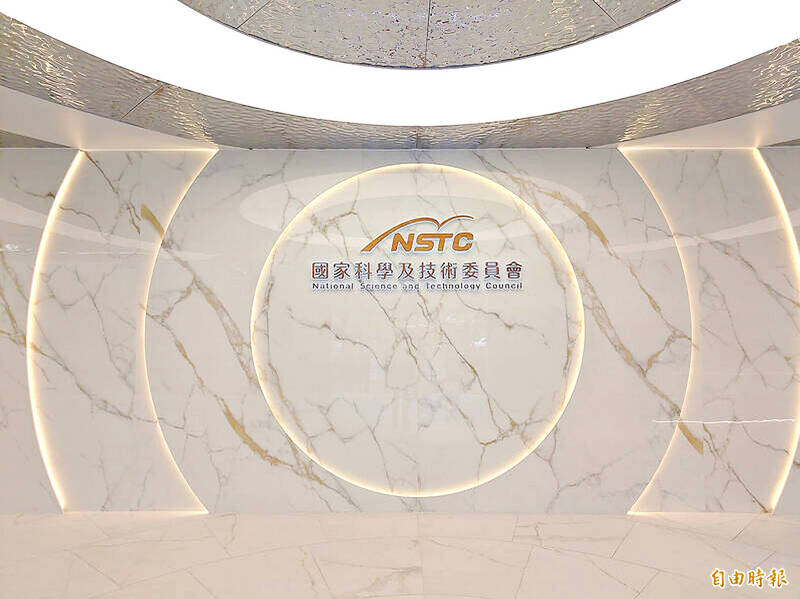Tech council aims for 480 petaflop computing speed
The National Science and Technology Council (NSTC)yesterday said it would lead the development of Taiwan’s sovereign artificial intelligence(AI)by boosting the combined computing speed of the nation’s supercomputers to 480 petaflops by 2029.

The National Science and Technology Council (NSTC)yesterday said it would lead the development of Taiwan’s sovereign artificial intelligence(AI)by boosting the combined computing speed of the nation’s supercomputers to 480 petaflops by 2029.
AI sovereignty refers to a country’s full autonomy over AI technologies and infrastructure, including the development of models, control and protection of data, and ensuring computing efficiency, NSTC Deputy Minister Lin Faa-jeng(林法正) said.
The NSTC’s goal is to reduce Taiwan’s dependence on external technologies and services, he said.
Last year, 80 percent of corporate chief executive officers recognized AI’s influence, while 57 percent included AI in their development strategies, Lin said, citing data from Gartner, a US technological research and consulting firm.
Taiwan’s domestic demand for AI is increasing every year, including large-scale language model training, climate change research, healthcare innovations, smart manufacturing and integrated circuit layout, he said, adding that the council has commissioned the National Center for High-Performance Computing to procure supercomputers to reach the necessary computing speed for AI, he added.
One type of supercomputer is driven by regular CPUs, including Taiwania 3 and Forerunner 1, which can reach 2.7 petaflops and 3.5 petaflops respectively, he said.
Another type is GPU-powered supercomputers such as Taiwania 2 and the Trustworthy AI Dialog Engine (TAIDE) language model, capable of 5.9 petaflops and 3.8 petaflops respectively, Lin said.
Cloud services and technology platforms would also be built to promote Taiwan’s academic research development, industrial applications and international competitiveness in the AI field, he added.
Additionally, the council plans to launch a scheme to construct next-generation high-speed host computers under the Taiwan Chip-based Industrial Innovation Program, Lin said.
The scheme aims for supercomputers’ combined computing speed to reach 280 petaflops by 2028, he added.
More AI supercomputers would be installed under the “Southern Silicon Valley” project to add another 200 petaflops from next year to 2029, Lin said.
The combined computing speed of supercomputers would thus reach 480 petaflops within the next five years, he added.
ChatGPT has shown the power of generative AI and the importance of sovereignty over the technology since its launch in 2022, he said.
Sixty to 70 percent of mainstream AI models are trained in English, and most of the ones in Mandarin use simplified Chinese, Lin said.
The construction of TAIDE would ensure the nation’s competitiveness by developing a model in Traditional Chinese, he said.
The center would not only create high-efficiency supercomputers based on GPUs, but also build a reliable cloud data environment, ensuring the safety of sensitive medical data, such as people’s genomes or health records, Lin added.
Date: 2025-1-12
Source: TAIPEI TIMES